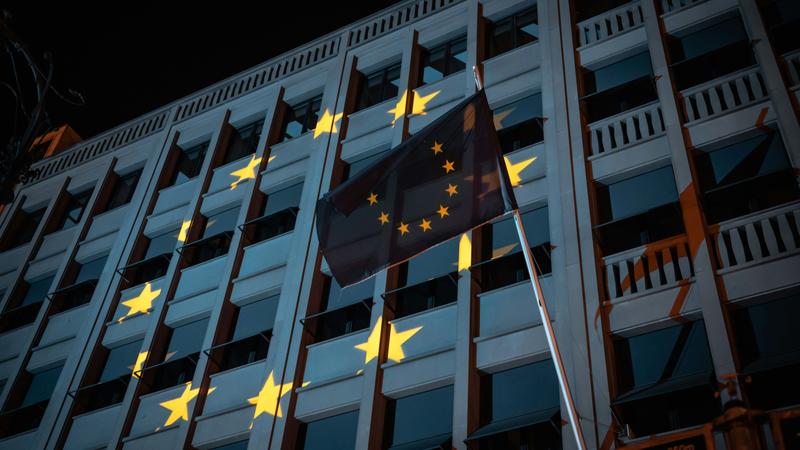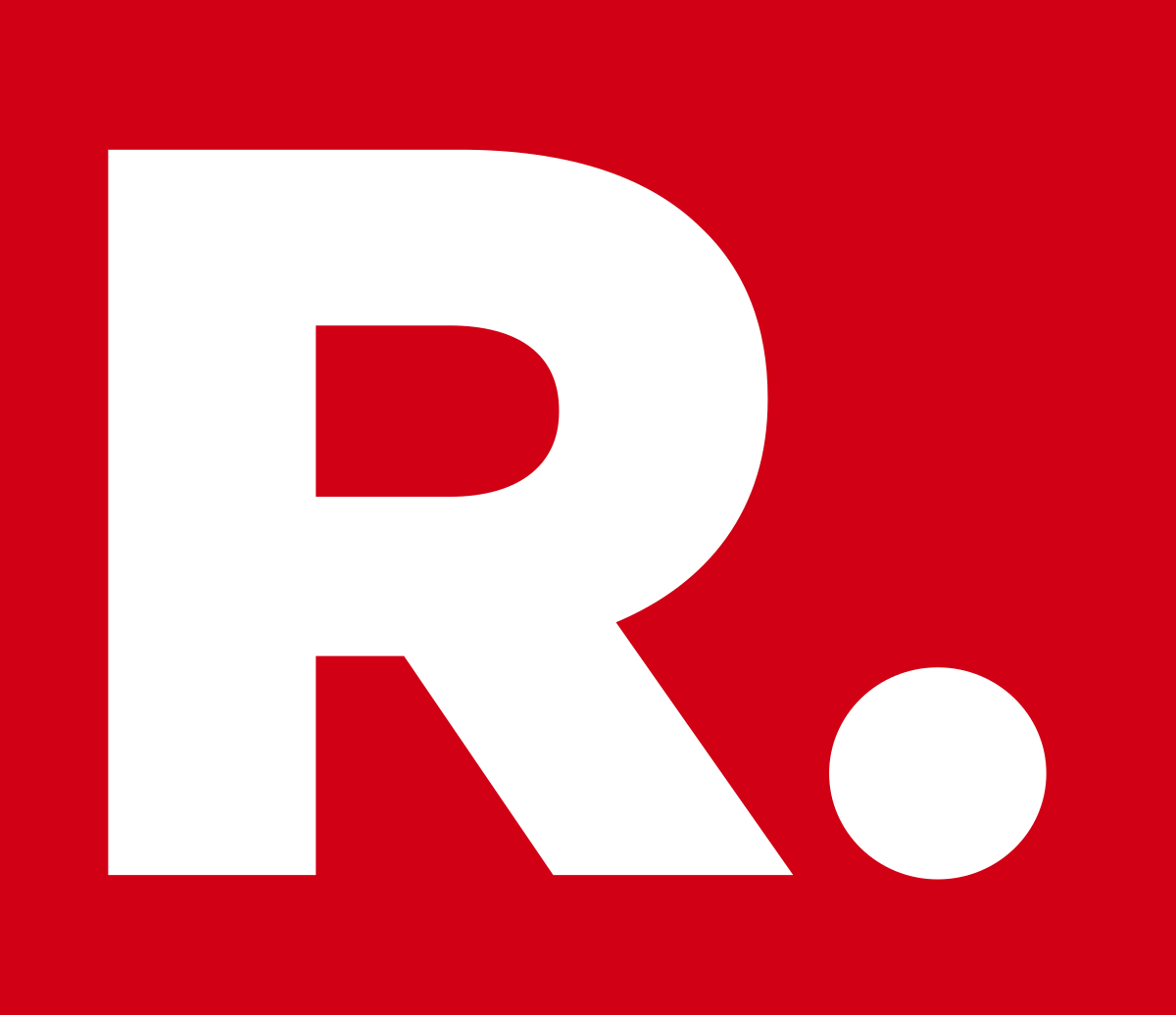Published 18:01 IST, January 25th 2024
Commerzbank stake sale would risk M&A impasse
Finance Minister Christian Lindner is open to a sale of Berlin’s 15% stake in 13 billion euro lender.

Tough call. The German government seems to hope it can consolidate the country’s banking industry while making a handy profit. Finance Minister Christian Lindner is open to a sale of Berlin’s 15% stake in 13 billion euro lender Commerzbank, Reuters reported on Jan. 15. If he wants to sell it to an industry player, he may create an impasse as suitors would face a difficult choice.
Berlin has two options. It can dispose of the stake, worth about 2 billion euros, on the market, as the Belgian government did when it offloaded some BNP Paribas shares a year ago. Or it can sell it to another lender, as a prelude to a possible takeover. The two obvious candidates are Commerzbank’s main domestic rival, 24 billion euro Deutsche Bank, and Italy’s 45 billion euro UniCredit, which already operates in Germany through its HVB subsidiary.
Commerzbank is no longer the troubled bank that seemed in bad need of a saviour in 2019, when Deutsche Bank and UniCredit both explored a potential takeover. Its shares have risen 55% in the last five years, outperforming a 19% increase in the sector benchmark STOXX Europe 600 Banks Index. CEO Manfred Knof, who took over in 2021, has since managed to implement cost cuts that seemed then unpalatable in Berlin, shedding 10,000 jobs and closing half the bank’s branches.

Both Deutsche Bank and UniCredit have overlaps with Commerzbank. But the case for massive synergies has weakened. Five years ago, a buyer could have acquired Commerzbank for some 28% of its book value, and bagged a 22 billion euro paper profit in the process – the difference between its market price and the value of its loan book at the time. With the German bank now valued at 45% of its book value, the potential upside has been reduced to about 16 billion euros.
The higher interest rate environment will further reduce that possible windfall. Merger accounting rules would force an acquirer to mark-to-market a significant portion of Commerzbank’s assets – such as the long-term loans with low interest rates extended before 2021, when money was cheap. These would have to be written down because the rising interest rates have dented the loans’ value. The problem will only subside when the gradual refinancing of the loan portfolio brings market and book prices closer.
Politics will play a role as well. Berlin may prefer Commerzbank to remain under German control. If UniCredit gets the prize, on the other hand, it will become Germany’s second-largest bank with about 800 billion euros in assets – twice as large as its Italian unit.
Despite his dealmaking skills, UniCredit boss Andrea Orcel, who took the helm in 2022, seems for the moment to prefer buying his own bank’s shares than a rival’s. If Berlin however goes ahead and puts the stake up for sale, the CEOs of the two prospective Commerzbank suitors will have to decide whether they want to freeze 2 billion euros in a Commerzbank minority stake in the hope that falling rates allow for a full takeover in the future. There might be better ideas to deploy capital.Both Deutsche Bank and UniCredit have overlaps with Commerzbank. But the case for massive synergies has weakened. Five years ago, a buyer could have acquired Commerzbank for some 28% of its book value, and bagged a 22 billion euro paper profit in the process – the difference between its market price and the value of its loan book at the time. With the German bank now valued at 45% of its book value, the potential upside has been reduced to about 16 billion euros.
The higher interest rate environment will further reduce that possible windfall. Merger accounting rules would force an acquirer to mark-to-market a significant portion of Commerzbank’s assets – such as the long-term loans with low interest rates extended before 2021, when money was cheap. These would have to be written down because the rising interest rates have dented the loans’ value. The problem will only subside when the gradual refinancing of the loan portfolio brings market and book prices closer.
Politics will play a role as well. Berlin may prefer Commerzbank to remain under German control. If UniCredit gets the prize, on the other hand, it will become Germany’s second-largest bank with about 800 billion euros in assets – twice as large as its Italian unit.
Despite his dealmaking skills, UniCredit boss Andrea Orcel, who took the helm in 2022, seems for the moment to prefer buying his own bank’s shares than a rival’s. If Berlin however goes ahead and puts the stake up for sale, the CEOs of the two prospective Commerzbank suitors will have to decide whether they want to freeze 2 billion euros in a Commerzbank minority stake in the hope that falling rates allow for a full takeover in the future. There might be better ideas to deploy capital.
Updated 18:01 IST, January 25th 2024





